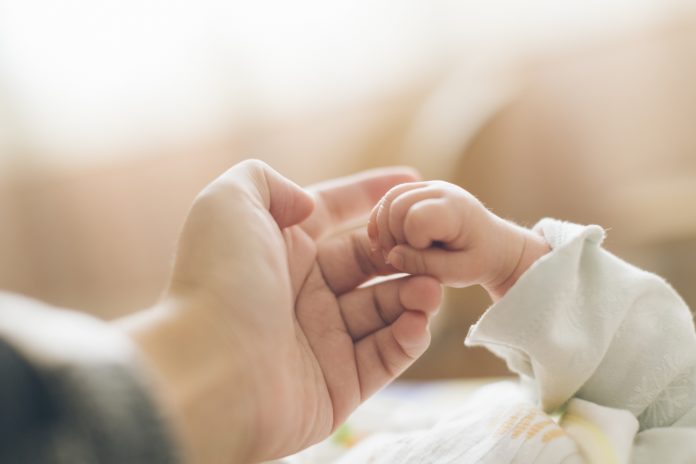A new study suggests that playing classical music may reduce pain levels in newborn babies undergoing heel prick blood tests
Dr Saminathan Anbalagan, a neonatal and perinatal medicine fellow at Thomas Jefferson University Hospital in Philadelphia, US, led the Pediatric Research.
They conducted a randomized, anonymous clinical trial involving 100 infants that measured babies’ pain levels with the heel prick blood test as part of routine screening for conditions such as jaundice and phenylketonuria in New York between April 2019 and February 2020.
The infants, on average, were two days old and born at 39 weeks. As part of standard care, the infants were given 0.5 millilitres of sugar solution two minutes before the prick test.
54 infants were played a classical lullaby for 20 minutes before the test, during and for five minutes after. The rest of the infants didn’t receive music.
The procedure was consistently conducted in a quiet, dimly lit room at ambient temperature to account for any potential influence. The infants were also not provided with any physical comfort.
Investigating babies’ pain levels
An investigator wore noise-cancelling headphones and assessed the infant’s pain levels by monitoring their facial expressions, degree of crying, breathing patterns, limb movements, and levels of alertness.
Before the heel prick, both infant’s pain levels had a median pain score of zero. This was out of a maximum score of seven.
After the heel prick test, the results revealed that the median pain score of the infants who listened to the lullaby was significantly lower than those who didn’t.
The median pain score of the infants who listened to the lullaby was significantly lower than those who didn’t
The pain score for babies who listened to the lullaby was four during the test, zero at one minute after the procedure, and zero at two minutes after the heel prick.
Compared to the group that did not listen to the lullaby, their pain scores were seven, 5.5 and two at the same time points. Three minutes after the procedure, both groups had no notable difference in the median pain score.
The future of the findings: Mozart as a pain reducer
The scientists concluded that recorded music may be an effective pain relief for infants undergoing minor procedures. They suggested that future research could explore whether parental voices help relieve pain in infants during minor procedures.











